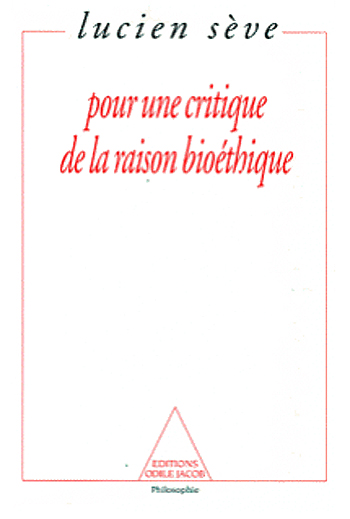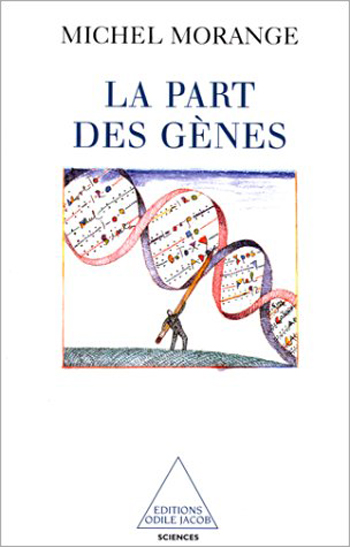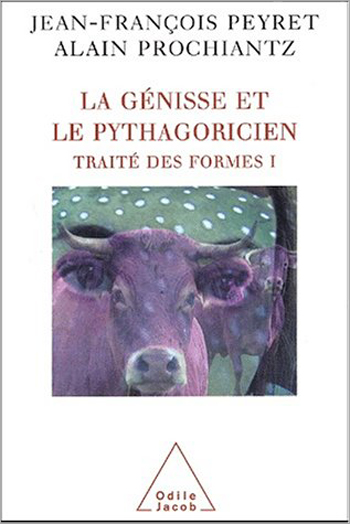Results for the keyword biology
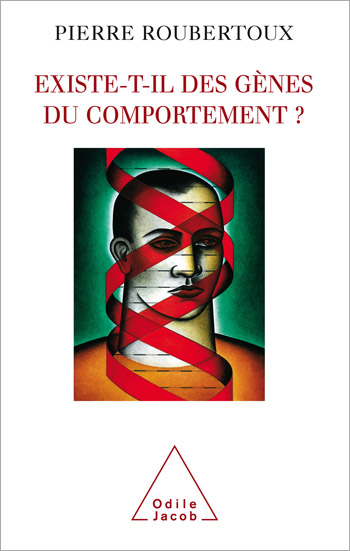
Pierre Roubertoux
Existe-t-il des gènes du comportement ?
Recent advances in genetic research have had widespread and far-reaching influences in fields as varied as animal and plant biology and medicine. They have also upset some ethical rules. Genetics today is in a triumphant, seductive phase, but its limits are yet to be defined. In this book, the eminent French geneticist Pierre Roubertoux argues that genetics has strayed too far from its justifiable areas of application. Soon, genetics may even be applied to the mind and to consciousness, just as it is already being applied to behaviour by scientists who contend that each type of conduct has its corresponding gene (this is tantamount to saying a specific gene is responsible for each virtue and each vice). Scientists who defend this theory say that they have discovered genes linked to various degrees of activity in mice and flies. Thus, intemperance and gluttony would be linked to a genetic partiality to alcohol, sugar or fats. Pride could be explained by a gene for dominance which has allegedly been found in mice. Greed, too, could be explained by a gene. The supposed existence of an infidelity gene was much in the news three years ago. This is a sound scientific synthesis which will enable readers to grasp the contribution of genetics to our comprehension of who and what we are. It should also help them resist the temptation of reducing everything to genetics. Pierre Roubertoux is a professor at the University of Aix-Marseille and a research fellow at the Institute of Physiological and Cognitive Neuroscience at the Centre National de la Recherche Scientifique (CNRS).
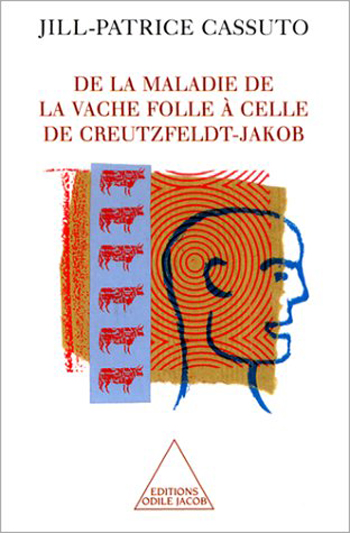
Jill-Patrice Cassuto
From Mad Cow Disease to Creutzfeldt-Jakob Disease
Jill-Patrice Cassuto examines the precursors of BSE and reviews some of the early research into the disease. He also studies the human form of BSE, or Creutzfeldt-Jakob disease, a fatal neurodegenerative disorder, and addresses the highly controversial question of ways the disease may be transmitted. This book is not only a scientific overview of current knowledge about BSE. It is also a thorough inquiry into the BSE scare and an examination of the issue of responsibility and of how health issues and risks are dealt with within the European Community. Jill-Patrice Cassuto teaches medicine and heads a clinical hematology service in a university hospital.
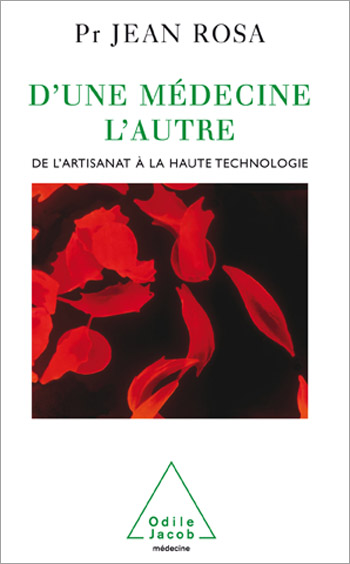
Jean Rosa
From one Medicine to Another From a Craft Industry to High Techology
Jean Rosa belongs to the post-war generation that transformed French medicine from a state of powerless humanism all the more "humane" because it was so often helpless to one of scientific and technical efficiency. Unfortunately, in the process, medicine seems to have lost its human face. In this book, Rosa shows how he contributed to this medical revolution: on the one hand, through the "Debré Reform", which instituted teaching hospitals, thus firmly linking medical research with therapeutic and surgical treatment, and, on the other hand, by associating medicine with molecular biology. Jean Rosa is Emeritus Professor in the medical school of the University of Paris-XII and a member of the French Academy of Science
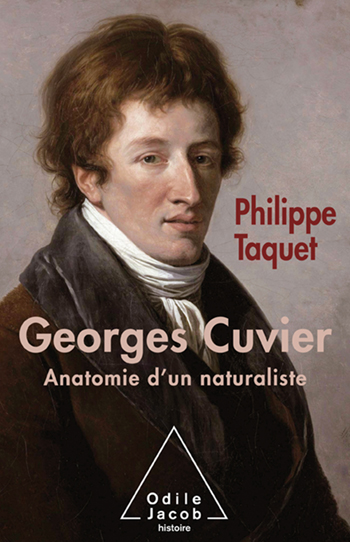
Philippe Taquet
Georges Cuvier Anatomy of a Naturalist
The second of three volumes, this one dealing with scientific work between 1795 and 1803; the third will deal with the later years of the greatest biologist of his time.
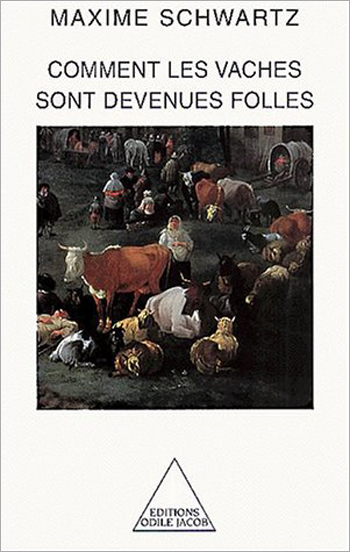
Maxime Schwartz
How the Cows Became Mad
Fear of the condition popularly known as mad cow disease has created a state of collective hysteria: some consumers are so afraid of contracting the disease that they have stopped eating beef; others havent stopped eating beef simply because they believe it is too late to do anything to prevent catching the illness. This book examines the outbreak of this disease and concludes with the reply to the question that is on everyones lips: Should we be afraid? Maxime Schwartz teaches at the Institut Pasteur, in Paris.

